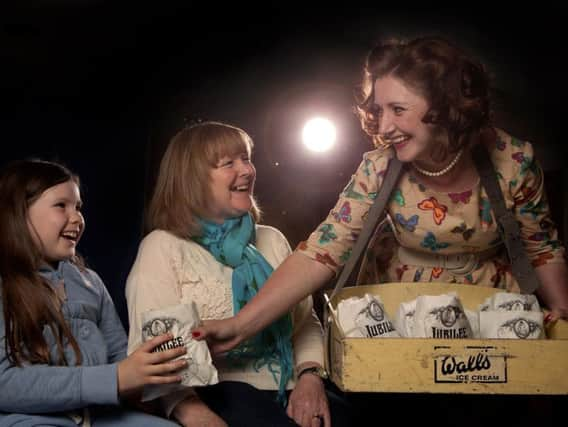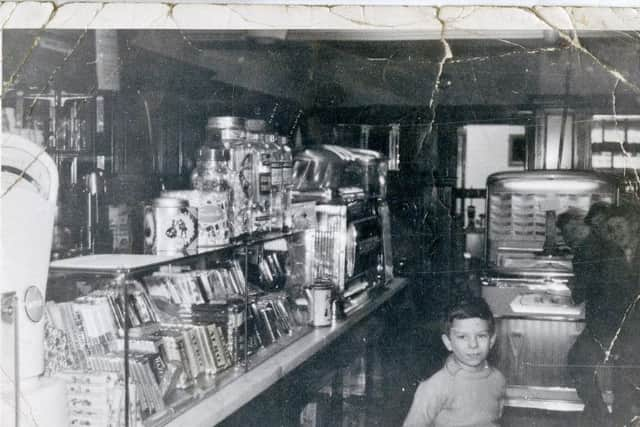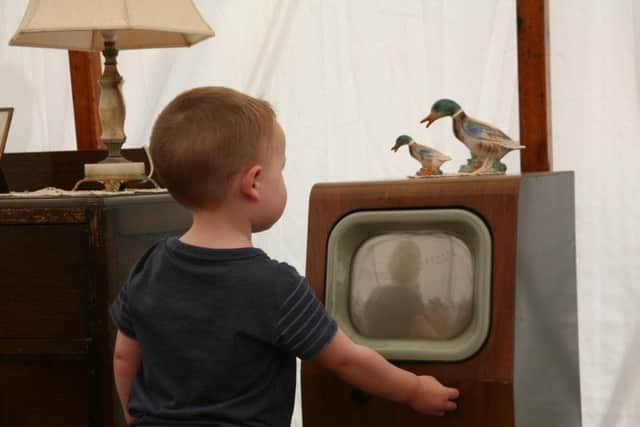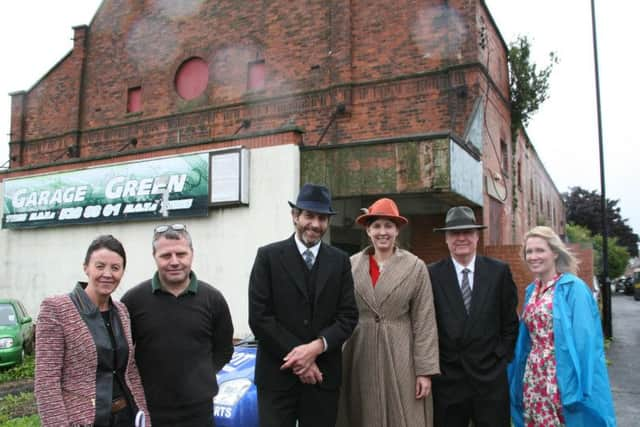New era for Beamish as 1950s town featuring buildings from across North East gets go ahead


Beamish Museum’s plans to build a 1950s Town, Georgian coaching inn and a farm have been approved by Durham County Council’s planning committee.
The scheme is hoped to draw in an extra 100,000 visitors to the region and will see the museum offer overnight stays.


Advertisement
Hide AdAdvertisement
Hide AdIt will feature the former Grand Electric Cinema, in Ryhope, which has been donated to the museum by owners Angela and Gary Hepple and will be moved brick by brick to the site.
A centre for people living with dementia will be set up in a replica of aged miners’ homes. A terrace of four houses from Marsden Road in South Shields has been chosen to be copied at the museum as part of its planned 1950s Town.
Two of the replicated homes, which are owned by Durham Aged Minerworkers' Homes Association, will host sessions for people living with dementia, older people, and their families and carers – building on acclaimed work already done by the museum.
John's Cafe ice cream parlour, which had stood in Wingate, is also part of the plans.


Advertisement
Hide AdAdvertisement
Hide AdRichard Evans, the museum's director, said: “We’re really delighted with the news that our exciting development plans for Beamish over the next four years now have planning approval – it is a real milestone in the 45 year history of the region’s living museum.
“The decision by Durham County Council was unanimous and it is great to see the important economic and social value of Beamish being recognised and supported so clearly.
“This is the single largest project ever undertaken at Beamish. It will enable us to create a range of new exhibits for visitors to enjoy across the museum site, offering people new ways to experience the history of the North East.
“We will continue to focus on what makes Beamish the special place that it is - using our collections to tell the story of everyday life in our region through time.


Advertisement
Hide AdAdvertisement
Hide Ad"By 2020 we hope to welcome some 750,000 people every year – including nearly 400,000 tourists from outside the region, which will have a huge impact on the economy in many communities.
“We will also create around 95 new jobs and 50 apprentices at the museum – meaning we should be employing around 500 people by the end of this decade.
“These are certainly exciting times for Beamish – we aim to start construction work at the end of this year – and we hope people will enjoy seeing all the new additions as they are being built.”
Beamish is working with communities across the North East on the project and has received initial support for a £10.75million Heritage Lottery Fund (HLF) grant.


Advertisement
Hide AdAdvertisement
Hide AdThe new development will demonstrate a time of huge change for the people of the North East and will ensure Beamish tells the story of a period still in living memory – just as was the case when the living museum was first founded back in the 1970s.
The 1820s expansion will feature a coaching inn, where Beamish’s nationally-significant Georgian collections will be displayed, a windmill that was shipped from Sweden to Blyth and a replica of the home of Joe the Quilter.